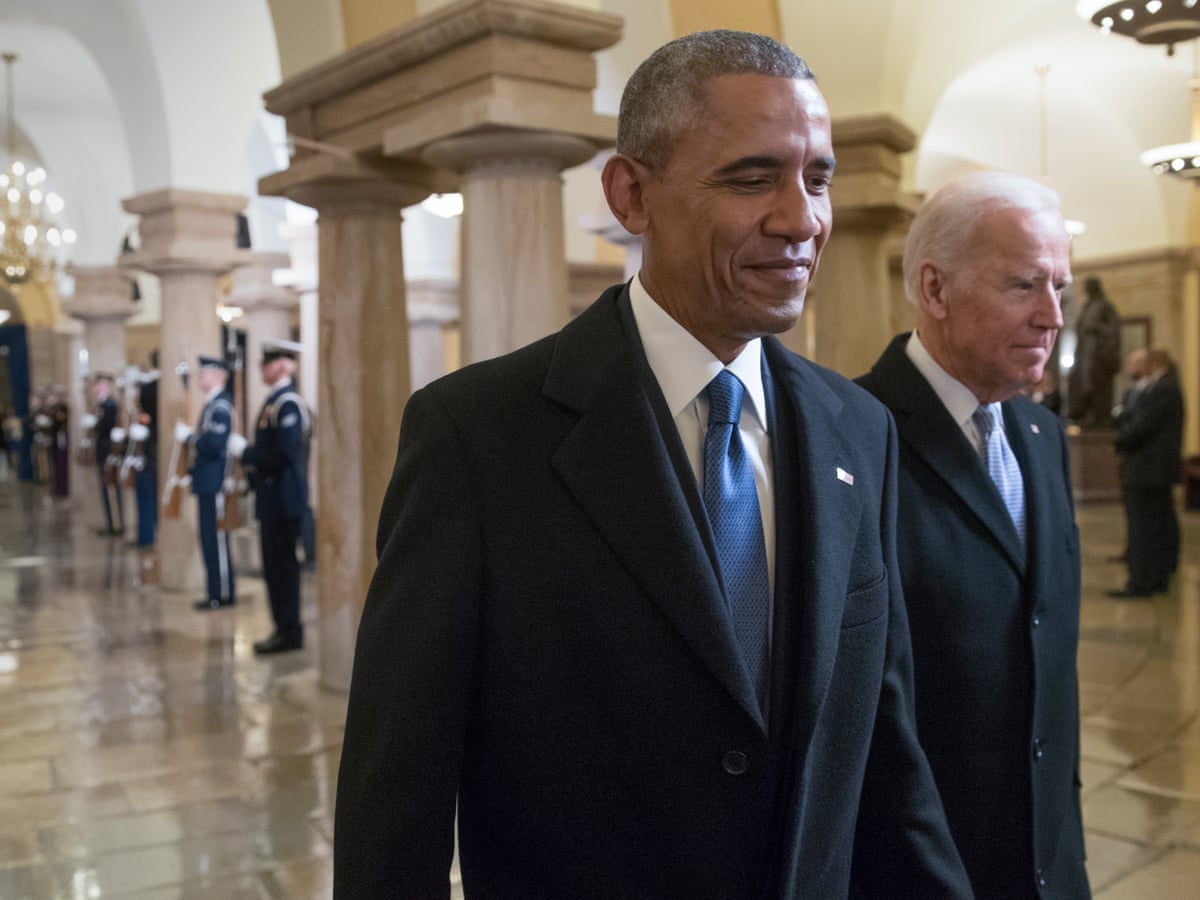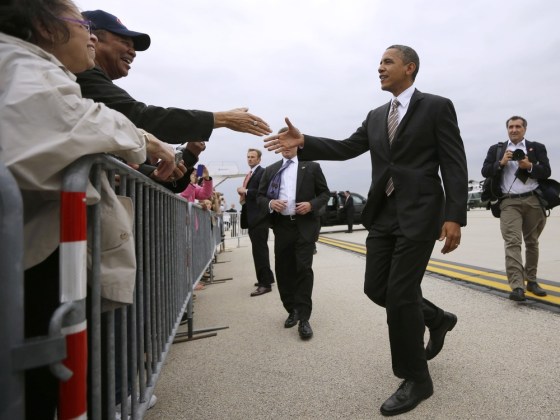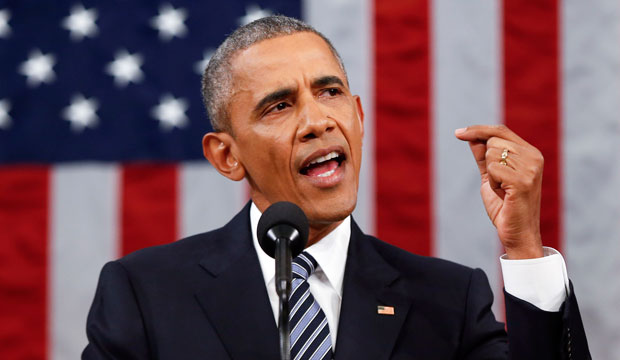In the aftermath of the 2024 U.S. presidential election, which concluded with a Republican victory and continued GOP control of Congress, the Democratic Party has entered a pivotal period of reflection and strategic realignment. Official results confirmed the Republican win and maintained their majorities in both the House and Senate. This political shift has stimulated robust dialogue among Democratic leaders about the party’s core messaging, organizational strategies, and leadership direction going forward.

A Changing Political Landscape
With Republican candidates securing the presidency and legislative majorities, Democrats are reassessing how to effectively address voter concerns. Reputable research organizations reported that economic issues, public safety, and immigration remained central in influencing voter decisions, particularly among centrist independents and moderate Democrats.
Geographic trends showed renewed Republican strength in regions such as the Midwest and parts of the Sun Belt. These shifts mirrored changes seen in prior elections, reflecting voters’ evolving priorities on stability and economic policy.

Internal Calls for Strategic Renewal
Following the election, several Democratic leaders and state-level coalitions emphasized the need for stronger outreach to rural and working-class communities. Governors from key swing states publicly called for renewed engagement based on policy advancement and grassroots connection.
Former national security officials and party influencers also urged the party to modernize its approach—highlighting the importance of adapting national security messaging, border policy, and digital campaigning to resonate with a broader electorate.

The Role of Prominent Party Figures
Iconic figures like Barack Obama continue to be influential within the party. While his contributions remain widely respected, analysts from major media and political outlets suggest the Democratic Party may benefit from expanding its leadership image to include newer voices that reflect generational and demographic change.
This is not a rejection of legacy—it acknowledges that evolving public sentiment and emerging civic priorities may require updated policy framing and new messenger voices.

Preparing for 2026 and Beyond
Attention now turns to the 2026 midterm elections. Democratic strategists are evaluating areas where voter confidence dipped—such as among suburban communities, youth, and ethnic minority groups—and identifying opportunities to rebuild connections.
To bolster support, the Democratic National Committee (DNC) is focusing on targeted voter registration campaigns, localized organizing, and stronger digital outreach. Key policy areas under discussion include affordability of healthcare, housing stability, and support for economic resilience, aligning with public concerns identified in post‑election surveys.

The Importance of Local Leadership
State governors and municipal officials are being positioned at the frontline of policy innovation, managing responses in areas such as infrastructure upgrades, education reform, and reproductive rights protections. Recent public statements from regional leaders emphasized the power of state-level success as a foundation for national appeal.
The DNC is expected to collaborate with state-level counterparts to replicate successful local initiatives at the federal level, recognizing that tangible community impact can reinforce voter trust and turnout.

Generational Engagement and New Leadership
Commentators from think tanks and national outlets suggest that attracting younger leaders and fostering generational renewal may energize the party’s base. Voter feedback indicates that emerging voices addressing climate transition, digital rights, and racial justice could help recover trust.
Initiatives to recruit diverse candidates and support them through training programs have already begun, focused on aligning candidate portfolios with contemporary issues facing emerging voter groups.

Reconciling Experience and Innovation
The overarching challenge facing the Democratic Party is how to balance established experience with fresh perspective. While seasoned leaders bring depth and institutional memory, new talent may bring agility and symbolic resonance with younger voters.
Party insiders argue that successful modernization will include maintaining clear, policy-based messaging while pursuing grassroots authenticity and digital engagement strategies.
Leadership and Identity in Focus
Public discourse around identity, narrative, and values has intensified. As Republicans assert control of federal branches, Democrats are being urged to sharpen their articulation of values—highlighting social equity, environmental resilience, and democratic accountability.
Political analysts believe that crystallizing a clear alternative to Republican governance, not just critique, is essential ahead of competitive election cycles.

Staying Resilient Despite Setbacks
While the results of the 2024 election presented considerable challenges, many Democratic officials remain optimistic about long‑term prospects. Lessons drawn from recent losses are being translated into strategic plans at local and national levels.
Highlighted initiatives include:
- Candidate pipelines: diversifying representation through emerging leadership in congressional and state races.
- Community engagement: strengthening volunteer networks and voter registration in disenfranchised areas.
- Digital evolution: optimizing online campaigning and voter outreach platforms.
- Policy clarity: emphasizing economic fairness, climate solutions, healthcare access, and democracy protections.
Conclusion
The 2024 election marked a consequential moment for American politics. With Republicans regaining federal leadership, the Democratic Party is undergoing a comprehensive reflection on future competitiveness and vision.
While the legacy of established figures has value, evolving demographics and societal concerns call for a renewed approach. Success in upcoming electoral cycles will hinge on the party’s ability to modernize engagement strategies, cultivate new leadership, and present compelling, inclusive policy narratives.
By integrating institutional strengths with renewed grassroots energy and digital literacy, Democrats aim to strengthen their foundation for the 2026 midterms and beyond.

